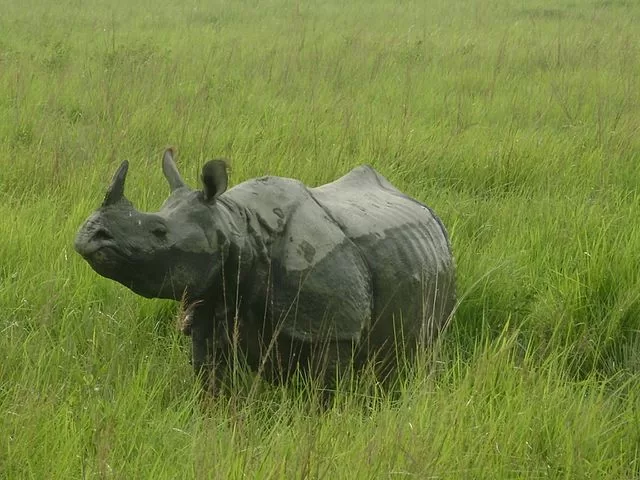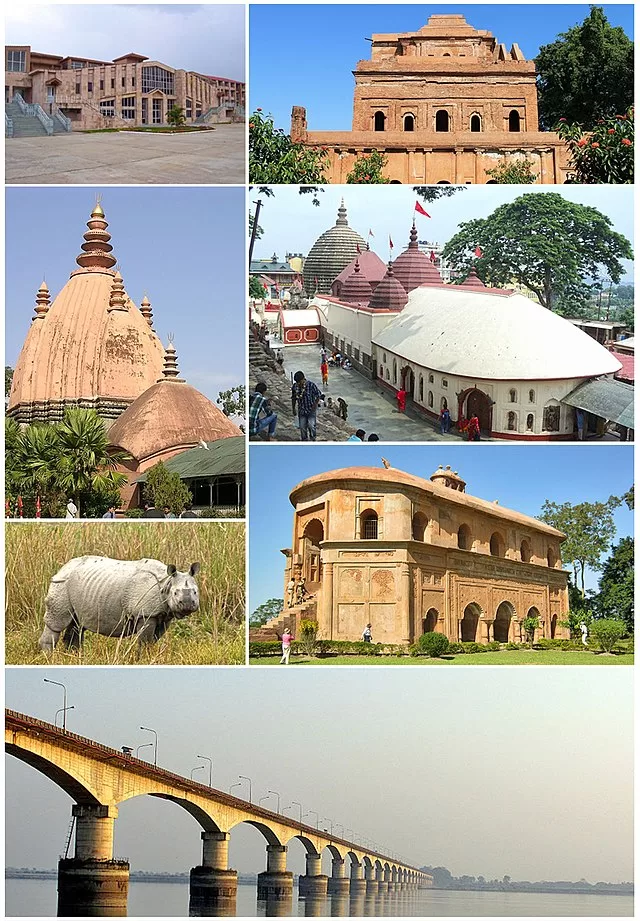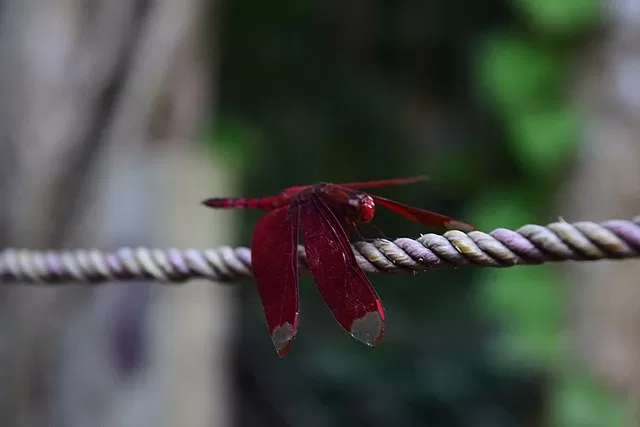Welcome to Assam, a land of mesmerizing beauty, cultural diversity, and a history that dates back to ancient times. Situated in the northeastern part of India, Assam is a state known for its lush green tea gardens, wildlife sanctuaries, mighty rivers, and warm hospitality. In this article, we will take you on a captivating journey through the enchanting land of Assam, exploring its unique attractions, rich heritage, and the essence of life that flows through its vibrant cities and tranquil countryside.
The Gateway to Northeast India
Assam serves as the gateway to the northeastern states of India. It shares its borders with Bhutan and Bangladesh and is connected to other northeastern states like Meghalaya, Arunachal Pradesh, Nagaland, Manipur, Mizoram, and Tripura. The state’s strategic location has contributed significantly to its cultural and ethnic diversity, making it a melting pot of various traditions and lifestyles.
The Abode of Breathtaking Landscapes
Assam boasts a diverse topography that ranges from the fertile plains of the Brahmaputra River to the hilly terrains of the Karbi Anglong and North Cachar Hills. The mighty Brahmaputra, one of the longest rivers in the world, flows through the heart of the state, leaving behind a trail of enchanting landscapes. The lush tea gardens, rolling hills, dense forests, and cascading waterfalls make Assam a paradise for nature lovers and photographers.
The World-Famous Assam Tea
No journey to Assam is complete without indulging in the world-renowned Assam tea. The state is the largest producer of tea in India, and its tea gardens are spread over vast stretches of land, painting the landscape with vibrant shades of green. Visitors can take a tour of these tea estates, witness the tea-plucking process, and savor the authentic taste of Assam tea. The tea tourism in Assam has gained popularity in recent years, providing a unique experience to travelers.
Rich Cultural Heritage
Assam is steeped in history and culture, with a tapestry of various communities and tribes living harmoniously. The state celebrates a plethora of festivals, each reflecting the distinct identity of its people. The Bihu festival, with its energetic dance performances and traditional music, is one of the most prominent festivals celebrated with much fervor and joy.
Wildlife Sanctuaries and National Parks

For wildlife enthusiasts, Assam offers a captivating array of biodiversity. The Kaziranga National Park, a UNESCO World Heritage site, is famous for its population of one-horned rhinoceroses and other exotic species. Manas National Park, another UNESCO World Heritage site, is home to tigers, elephants, and golden langurs, making it a treasure trove for wildlife lovers.
Majestic Forts and Temples
Assam’s historical significance is reflected in its ancient forts and temples. The Kamakhya Temple, perched atop the Nilachal Hill in Guwahati, is a revered Shakti Peetha and attracts pilgrims from across the country. The Ahom dynasty’s architectural brilliance is evident in the Sivasagar Sivadol, Rang Ghar, and Kareng Ghar, which stand as majestic reminders of Assam’s glorious past.
Cuisine that Delights

Assam’s cuisine is a delightful blend of flavors, with dishes that tantalize the taste buds. The use of unique ingredients like bamboo shoot, Bhut Jolokia (one of the world’s spiciest chili peppers), and fish adds an extra zing to the food. Traditional Assamese thalis (platters) with rice, dal, fish, and various vegetable preparations are a must-try for any food enthusiast.
Traditional Handicrafts and Weaving
Assam is renowned for its intricate traditional handicrafts and handloom weaving. The skilled artisans create exquisite products like Muga silk, Eri silk, and the famous Assam silk, which is highly valued for its purity and texture. Visitors can explore the local markets to buy authentic handmade products as souvenirs.
River Cruises and Island Retreats
Exploring Assam is incomplete without experiencing the joy of river cruises. The Brahmaputra River offers leisurely cruises that take you through breathtaking landscapes, quaint villages, and river islands. Majuli, the world’s largest river island, is a serene retreat that provides an opportunity to witness the distinct lifestyle of its inhabitants.
Warm Hospitality

Assam’s people are known for their warmth and hospitality. Visitors are welcomed with open arms and are often invited to be a part of local celebrations and customs. Interacting with the locals and immersing oneself in their traditions is an enriching experience that leaves a lasting impression.
Conclusion
Assam is a land of wonders, where nature and culture coexist in perfect harmony. From the verdant tea gardens to the cultural tapestry woven by its people, the state offers an enchanting experience to every traveler. The captivating landscapes, diverse wildlife, and rich heritage make Assam a destination worth exploring.
FAQs
1. What makes Assam different from other states in India?
Assam stands out for its lush greenery, the mighty Brahmaputra River, and its world-famous tea gardens. Plus, the mix of tribes, languages, and cultural festivals gives it a unique charm that you won’t find anywhere else.
2. Is Assam a good place to travel for nature lovers?
Oh, absolutely! If you’re into wildlife, check out Kaziranga or Manas National Park for a chance to spot the one-horned rhino. If you’re all about the views, the hills of Haflong or Majuli Island (yes, the world’s largest river island!) will steal your heart.
3. What’s the best time to visit Assam?
The best time is from October to April. The weather’s cooler, the skies are clearer, and it’s perfect for sightseeing, exploring tea estates, and attending colorful festivals like Bihu.
4. Is Assamese food spicy? What should I try first?
It’s flavorful rather than overly spicy! Try Assamese thali for a bit of everything, or dig into masor tenga (a tangy fish curry) and pitha (sweet rice cakes). The simplicity and freshness of their food will surprise you.
5. Do I need to know Assamese to travel there?
Not at all! While Assamese is the local language, most people understand Hindi, and English is commonly used in tourist areas. A warm smile and a few polite words go a long way, trust me.


